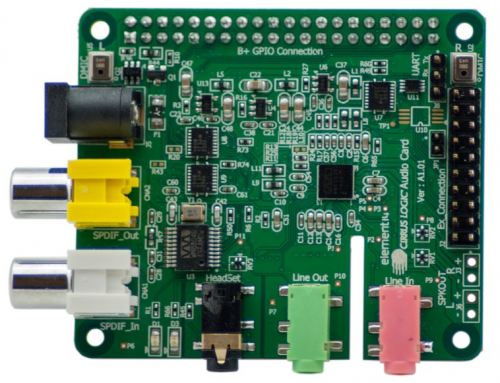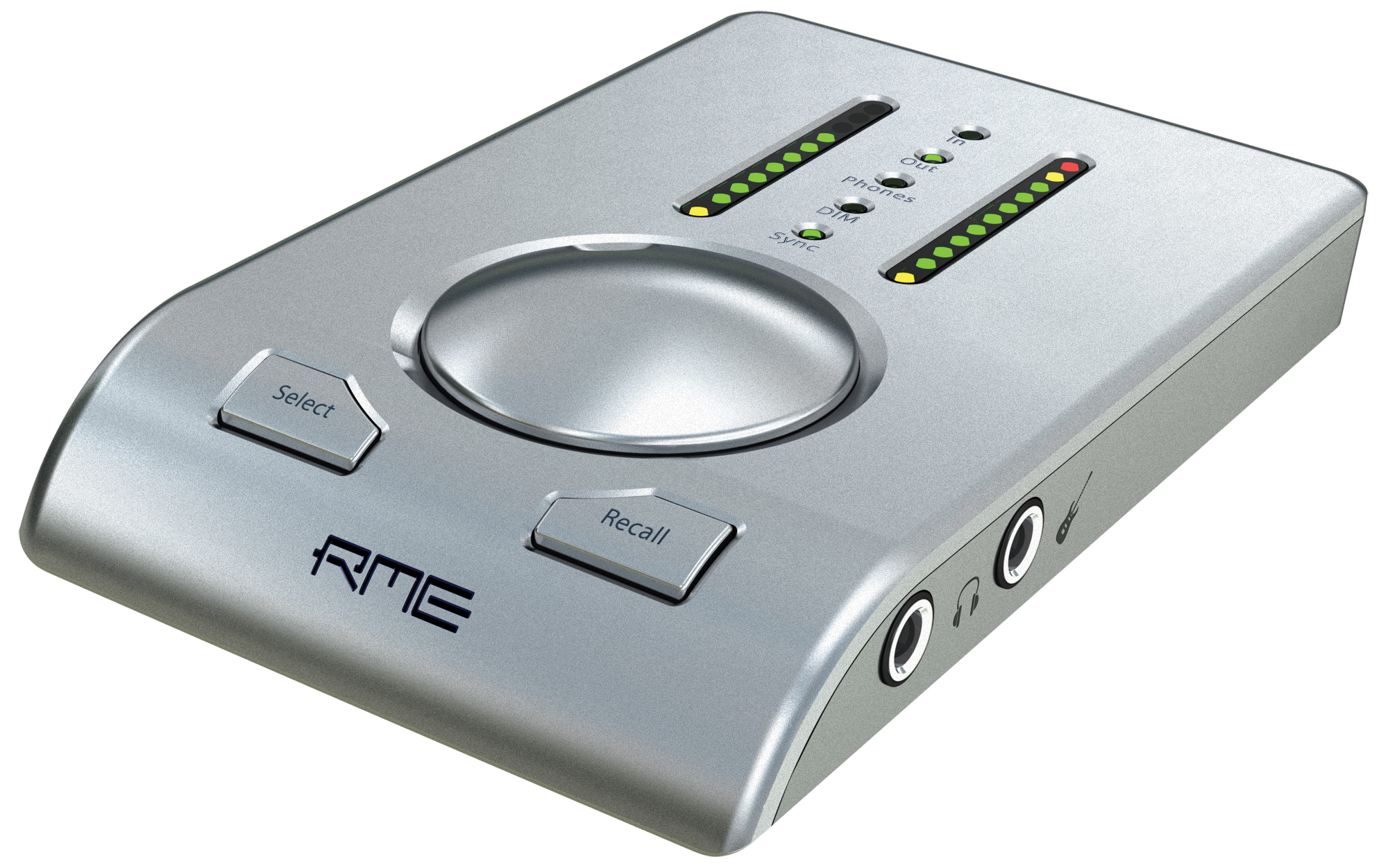When the Raspberry Pi 2 was released I certainly got curious. Would it be really better than it’s little brother? As soon as it got available in The Netherlands I bought it and sure this thing flies compared to the Raspberry Pi 1. The four cores and 1GB of memory are certainly an improvement. The biggest improvement though is the shift from ARMv6 to ARMv7. Now you can really run basically anything on it and thus I soon parted from Raspbian and I’m now running plain Debian Jessie armhf on the RPi.
So is everything fine and dandy with the RPi2? Well, no. It still uses the poor USB implementation and audio output. And it was quite a challenge to prepare it for its intended use: a musical instrument. To my great surprise a new version of the Wolfson Audio Card was available too for the new Raspberry Pi board layout so as soon as people reported they got it to work with the RPi2 I ordered one too.

Cirrus Logic Audio Card for Raspberry Pi
One of the first steps to make the device suitable for use as a musical device was to build a real-time kernel for it. Building the kernel itself was quite easy as the RT patchset of the kernel being used at the moment by the Raspberry Foundation (3.18) applied cleanly and it also booted without issues. But after a few minutes the RPi2 would lock up without logging anything. Fortunately there were people on the same boat as me and with the help of the info and patches provided by the Emlid community I managed to get my RPi2 stable with a RT kernel.
Next step was to get the right software running so I dusted off my RPi repositories and added a Jessie armhf repo. With the help of fundamental the latest version of ZynAddSubFX now runs like charm with very acceptable latencies, when using not all too elaborate instrument patches Zyn is happy with an internal latency of 64/48000=1.3ms. I haven’t measured the total round-trip latency but it probably stays well below 10ms. LinuxSampler with the Salamander Grand Piano sample pack also performs a lot better than on the RPi1 and when using ALSA directly I barely get any underruns with a slightly higher buffer setting.
I’d love to get Guitarix running on the RPi2 with the Cirrus Logic Audio Card so that will be the next challenge.




